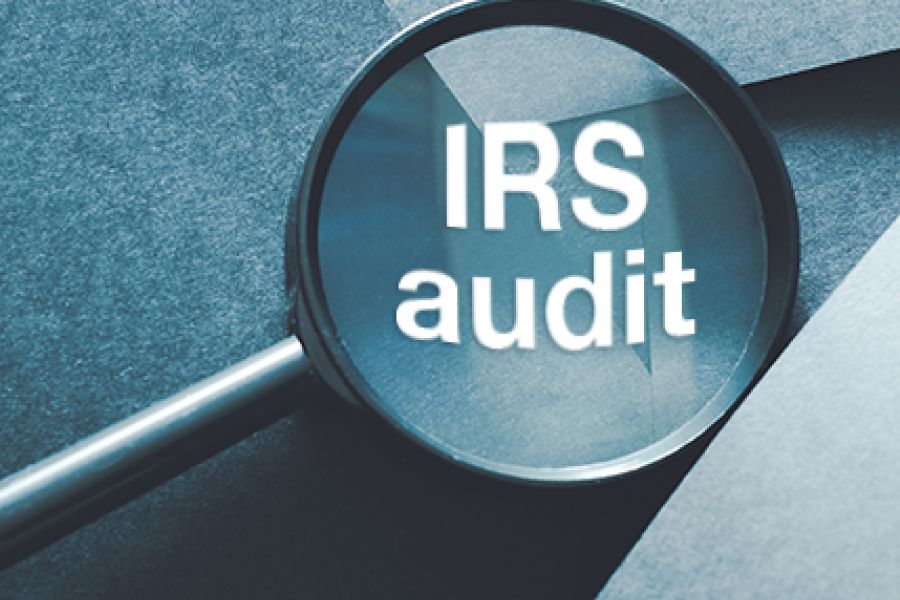As posted to the David Stockman YouTube Channel on 11/12/19 David Stockman appears on RT's "The News with David Sanchez" to discuss the recent decision by the Fed to add money to the financial system through the repo markets. Also discussed is the fact that we are at the top of the longest business cycle in history (month 130 of month 125) and in the last four months, the Treasury has borrowed $800 billion. (This is Blog Post #654) David Stockman is a former businessman and U.S. politician who served as a Republican U.S. Representative from the state of Michigan and as the Director of the Office of Management and Budget under President Ronald Reagan. He is the author of a number of books including "The Great Deformation:...

When market competition heats up, you might provide extra incentives for your sales staff to perform. But be careful: Some employees may step over the line — to earn bigger bonuses or out of enthusiasm for the challenge — and use unethical sales tactics. Take steps to ensure your salespeople always walk an ethical line and operate with integrity. Walk an ethical line: make a commitment to honesty Culture starts at the top. If you clearly demonstrate, through both words and behavior, your commitment to honesty, your sales team will get the message. Your customers will too. Try to anticipate the challenges your sales force may face as they attempt to meet sales goals. The temptation to sell more than your company can deliver, for example — or...
As an employer, you must pay federal unemployment (FUTA) tax on amounts up to $7,000 paid to each employee as wages during the calendar year. The rate of tax imposed is 6% but can be reduced by a credit (described below). Most employers end up paying an effective FUTA tax rate of 0.6%. An employer taxed at a 6% rate would pay FUTA tax of $420 for each employee who earned at least $7,000 per year, while an employer taxed at 0.6% pays $42. That said, what are you doing toward controlling unemployment tax costs of your business? Tax credit Unlike FICA taxes, only employers — and not employees — are liable for FUTA tax. Most employers pay both federal and a state unemployment tax. Unemployment tax...
As we head toward the gift-giving season, you may be considering giving gifts of cash or securities to your loved ones. The gift tax exclusion rules are advantageous as they give taxpayers the ability to transfer substantial amounts free of gift taxes to their children and others each year. The amount is adjusted for inflation annually. For 2019, the exclusion is $15,000. The exclusion covers gifts that you make to each person, each year. Therefore, if you have three children, you can transfer a total of $45,000 to them this year (and next year) free of federal gift taxes. If the only gifts made during the year are excluded in this way, there’s no need to file a federal gift tax return. If annual gifts exceed...
Many business owners ask: How can I avoid an IRS audit? The good news is that the odds against being audited are in your favor. In fiscal year 2018, the IRS audited approximately 0.6% of individuals. Businesses, large corporations and high-income individuals are more likely to be audited but, overall, audit rates are historically low. That said, business owners should be prepared. There’s no 100% guarantee that you won’t be picked for an audit, because some tax returns are chosen randomly. However, completing your returns in a timely and accurate fashion with our firm certainly works in your favor. And it helps to know what might catch the attention of the IRS. Business owners should be prepared: audit red flags A variety of tax-return entries may raise red...
The Web has opened plenty of new avenues for criminal behavior. For example, you may have heard of cybersquatting. Someone registers a site’s domain name that includes a trademark and then tries to profit by selling that name to the trademark owner. But are you familiar with typosquatting? You should be because typosquatters profit from common user errors. These schemes can make just about any organization, along with visitors to its website, the victims of fraud. Fat fingers Like cybersquatting, typosquatting (also known as URL hijacking) involves the purchase of domain names in bad faith. It takes advantage of an inclination among users known as “fat fingers” — basically, our tendency to hit the wrong keys and enter misspelled trademarks or brands. For example, in a case involving...
These days, most businesses need a website to remain competitive. It’s an easy decision to set one up and maintain it. But determining the proper tax treatment for the costs involved in developing a website isn’t so easy. That's because the IRS hasn’t yet released guidance on business website cost tax treatment. Consequently, you must apply existing guidance on other costs to the issue of website development costs. Hardware and software First, let’s look at the hardware you may need to operate a website. The costs involved fall under the standard rules for depreciable equipment. Specifically, once these assets are up and running, you can deduct 100% of the cost in the first year they’re placed in service (before 2023). This favorable treatment is allowed under the...
Do you want to withdraw cash from your closely held corporation at a low tax cost? The easiest way is to distribute cash as a dividend. However, a dividend distribution isn’t tax-efficient, since it’s taxable to you to the extent of your corporation’s “earnings and profits.” But it’s not deductible by the corporation. Fortunately, there are several alternative methods that may allow you to withdraw cash from a corporation while avoiding dividend treatment. Here are five ideas: (1) Capital repayments To the extent that you’ve capitalized the corporation with debt, including amounts that you’ve advanced to the business, the corporation can repay the debt without the repayment being treated as a dividend. Additionally, interest paid on the debt can be deducted by the corporation. This assumes that the...
Money laundering is the process by which criminals transform their ill-gotten gains into legitimate-looking funds. It’s widespread and wide-reaching, making it a significant corrupting influence on financial systems, governments and certain professionals. Criminals use many different types of businesses to “wash” their dirty money, but some are more useful than others. Real estate money laundering is a favorite industry, given its high dollar value and availability of inventory. Money Laundering: 3 steps The typical money laundering scheme involves three phases: Placement: Here the proceeds of criminal activity enter the financial system. Layering: This is where the money launderer conducts a series of transactions to distance the money from its criminal source. Integration: Finally, the criminal uses the money, which now appears legitimate and divorced of any crime. Executing money laundering operations effectively is critical if...
(This is Blog Post #639)...











